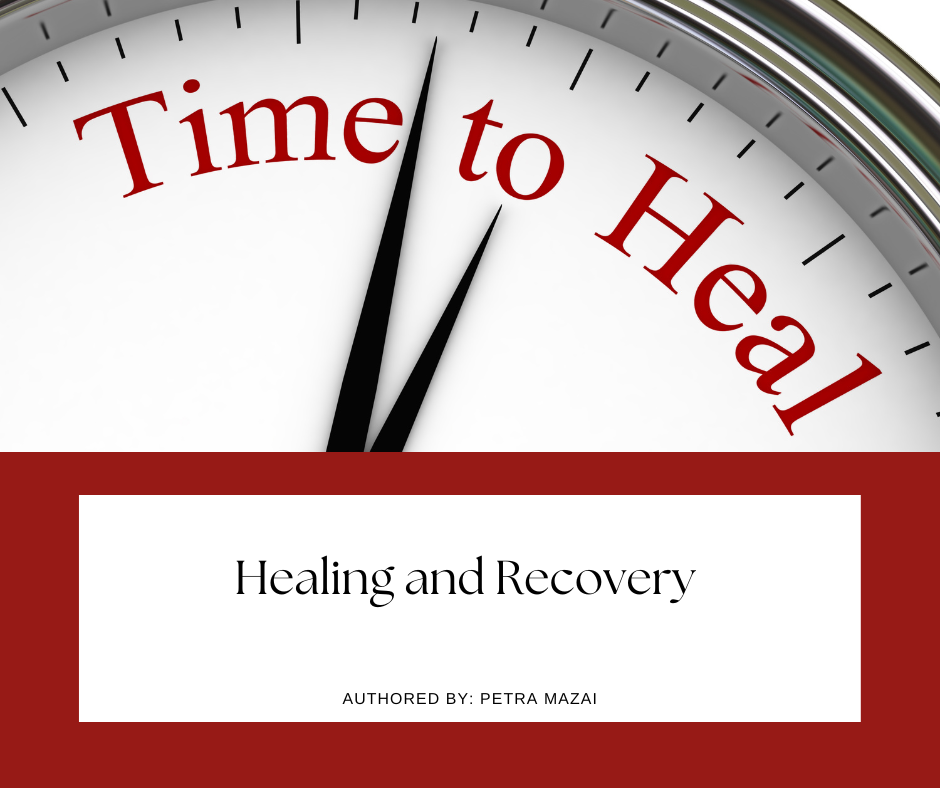Navigating Trauma: Practical Coping Strategies for Healing
Authored By: Petra Mazai 2023
Navigating trauma can be a challenging and complex process, and it’s essential to approach it with patience, self-compassion, and a willingness to seek support. Remember that everyone’s healing process is unique, and it’s okay to seek professional help when needed. Healing from trauma is a courageous and ongoing journey, and with the right support and strategies, positive change is possible. Here are some practical coping strategies for healing from trauma:
Seek Professional Support:
Consider working with a therapist or counsellor experienced in trauma-focused therapies such as CBT (Cognitive Behavioural Therapy). Therapy provides a safe space to explore and process traumatic experiences with the guidance of a trained professional.
Build a Support System:
- Connect with supportive friends, family, or support groups who can provide understanding and empathy.
- Share your experiences with people you trust, but only at a pace that feels comfortable for you.
Self-Care Practices:
- Prioritize self-care activities such as exercise, proper nutrition, and adequate sleep to support your overall well-being.
- Engage in activities that bring you joy and relaxation, whether it’s reading, listening to music, or spending time in nature.
Mindfulness and Grounding Techniques:
- Practice mindfulness meditation to bring your attention to the present moment and reduce overwhelming thoughts.
- Grounding techniques, such as deep breathing or focusing on the senses, can help you stay connected to the present during moments of distress.
Establish Healthy Boundaries:
- Identify and communicate your boundaries to others, ensuring that you feel safe and respected.
- Learn to say no when necessary and prioritise your well-being over external expectations.
Develop Coping Strategies:
- Identify healthy coping mechanisms to replace unhealthy ones. This may include journaling, deep breathing exercises, or engaging in hobbies.
- Avoid relying on substances or behaviors that may provide short-term relief but hinder long-term healing.
Be Patient and Kind to Yourself:
- Healing from trauma is a gradual process. Be patient with yourself and recognize that setbacks may occur.
- Cultivate self-compassion and avoid self-blame. Remember that healing is a journey, and progress takes time.
Related Posts

Unveiling The Layers of Trauma
Unveiling the layers of trauma involves understanding the complex and multifaceted nature of traumatic experiences and their impact on …

Healing and Recovery
Healing and recovery from trauma or challenging life experiences involve a holistic and ongoing process…

Self Care
Self-care is of paramount importance during the healing and recovery process for several reasons…